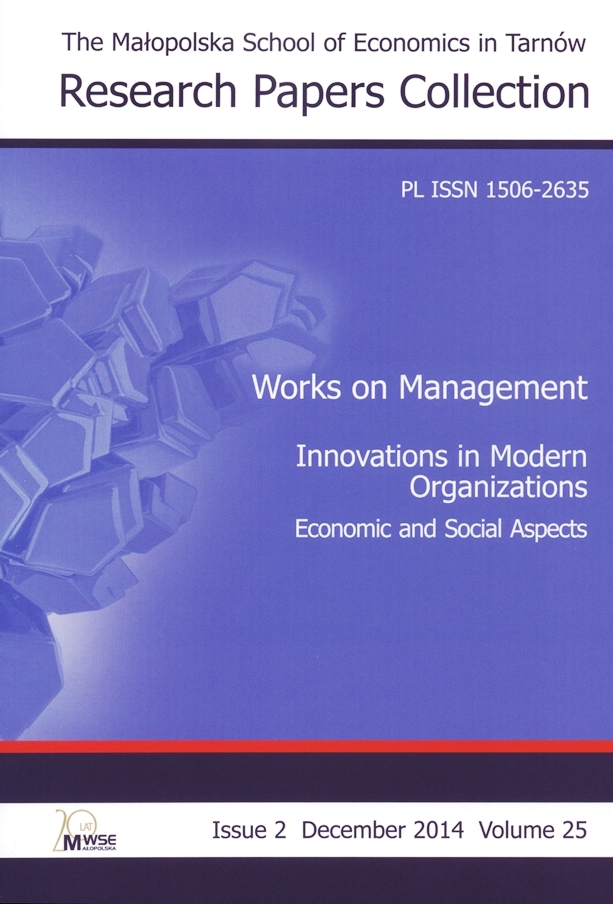Abstract
One of the main aspects of educational reform in Bulgaria is the introduction of information and communication technologies to educational process. This article discusses issues associated with the usage of new technologies in primary school. Management of pedagogical process of students from first to fourth grade has its own specifics, and working with information and communication technologies increases the ability of the teachers to expand and enrich their pedagogical methods and tools to achieve effective results at the end of the learning process. The article gives a brief overview of some of the latest technologies offered to primary teachers, such as multipoint technology with software ‘Envision’ and ‘Mouse Mischief’, and Kinect technology creating the new type of interaction between man and computer. It also brings up the need to develop a new methodology of working with information and communication technologies. Multipoint technology has a huge impact on the acquisition of non-technological skills. Methodological training of teachers should focus on the possibility to combine the appropriate use of multipoint technology in the construction of non-technological skills. Such methodological development would be a significant achievement in modern Bulgarian primary education.
References
Ellis, A. K., Fouts, J. T. (1993). Research on educational innovations. Princeton Junction, NJ: Eye on Education. ISBN 1883001056.
View in Google Scholar
Eurydice network (2012). Civic education in Europe. Executive Agency for Education. Audiovisual and Culture (EACEA P9 Eurydice and policy support). ISBN 978 92-9201-295-3.
View in Google Scholar
Marzano, R. J., Pickering, D. J., Pollock, J. E. (2001). Classroom instruction that works: Research-based strategies for increasing student achievement. Alexandria: Association for Supervision and Curriculum Development. ISBN 0871205041.
View in Google Scholar
McKeachie, W. J., Svinicki, M. (2006). McKeachie’s teaching tips: Strategies, research, and theory for college and university teachers. Boston: Houghton Mifflin. ISBN 0618515569.
View in Google Scholar
Petrova, Vasileva = Петрова, C., Василева, Н. (2013). Предизвикателства пред училищното образование. Резултати от участието на България в Програмата за международно оценяване на учениците PISA 2012 [Challenges to school]. Sofia: Ministry of Education and Science. Center for Control and Quality of School Education. ISBN 978-954-8973-16-8.
View in Google Scholar
Stefanova = Стефанова, M. (2005). Педагогическа иновация: За иновацията иновативно [The pedagogical innovation: Innovation innovative]. Sofia: Petekston. ISBN 954-457-028-4.
View in Google Scholar
© Copyright by Małopolska School of Economics in Tarnów. The articles are available under the Creative Commons Attribution NonCommercial-NoDerivatives 4.0 International License


